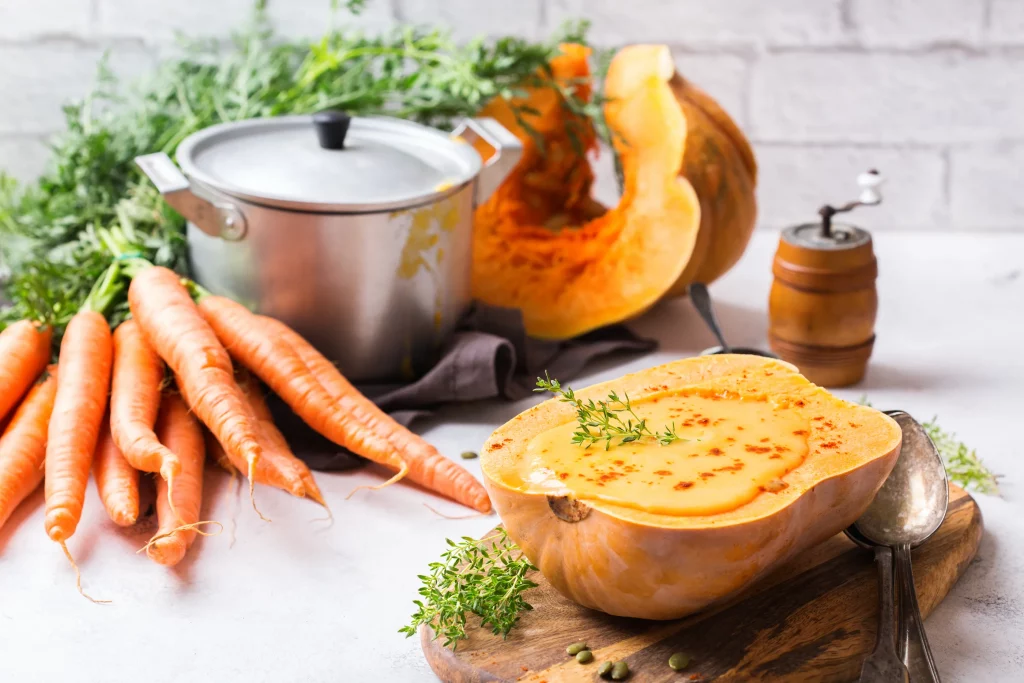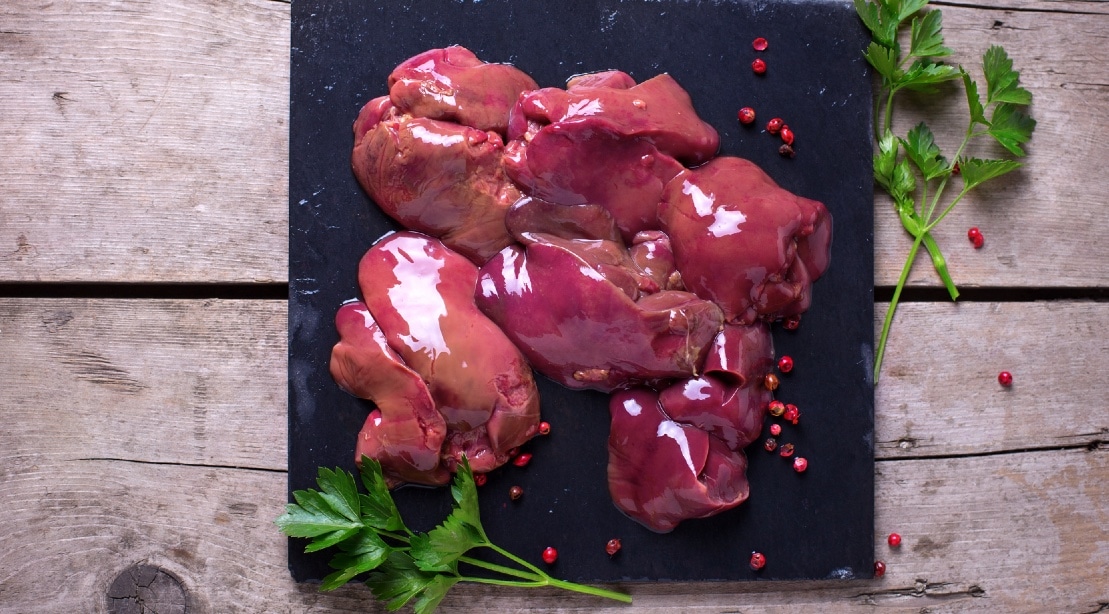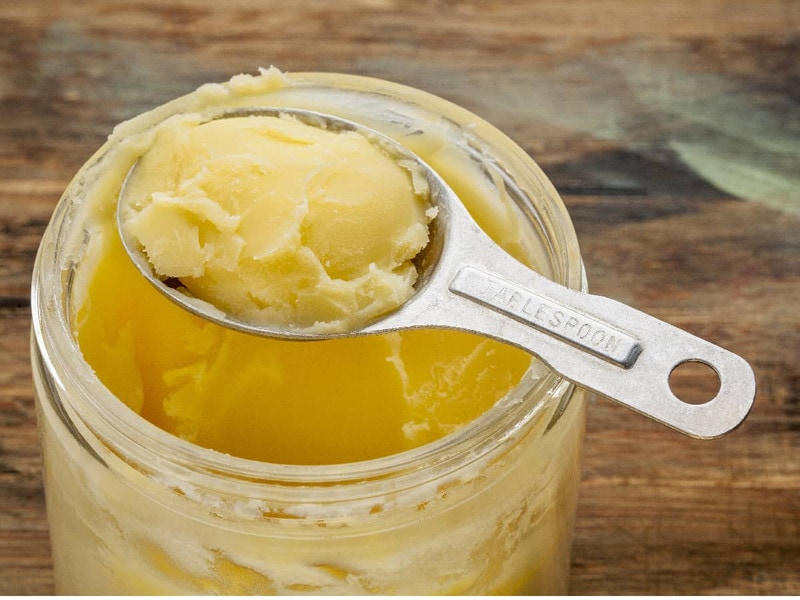The Energy of Foods
In our western world we assess food based on its nutritional value; how much protein, fat and calories it contains. In Chinese medicine, food is considered based on its energetic properties and how these affect the body. Foods are classified as either heating, cooling, drying or damp. Balancing these energetic properties is key for helping to prevent illness and disease.
Some foods and drinks create heat in the body, whereas others have a cooling effect. In order to support the body during the winter season it’s best to focus on eating warming foods. Especially if one has excess cold manifestation in the body, feeling cold and week, muscle spasms, feeling unmotivated and emotionally withdrawn.
Conditions of Excess Cold in the Body
- Poor circulation
- Week digestion
- Poor memory
- Feeling slugish and tired
- Exhaustion and depression
In order to balance excess cold in the body it is best to avoid frozen foods, fasting and detoxification. Eat more warming foods, only drink warm drinks, and practice vigorous exercise and go into saunas.
Warming Foods
- chili
- Cinnamon
- Garlic
- Ginger
- Leeks
- Onions
- Peppers
- Cherry
- Nuts
- Sesame
- Black bean
- Chocolate / Cacao
- Coffee
- Meats, all kinds
- Cooking with ghee, and animal fats
- Mustard
- Miso
- Trout
- Egg yolk
- Grilled foods
- Black tea
Cooling Foods (Should avoid during the winter season)
- Green tea
- Soybean milk
- Coconut water
- Figs
- Orange
- Pear
- Watermelon
- Banana
- Bok Choy
- Cucumber
- Green beans
- Peppermint
- Watercress
- Vegetable oils, like olive oil
- Tomatoes
- Tofu
- Zucchini
- Grapefruit
- Pineapple
Keep in mind that some of these cooling vegetables can be converted into warming foods by adding warming seasonings to it while cooking. Using chili and ginger, cooked with ghee for example.




